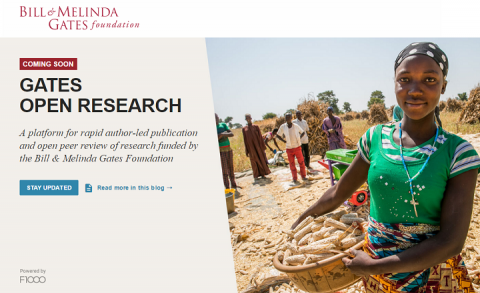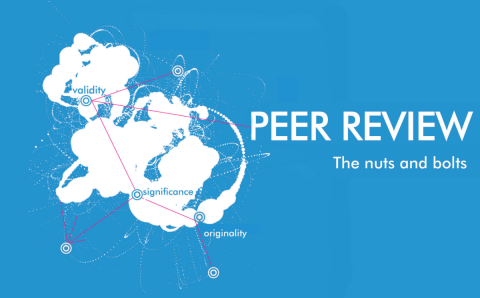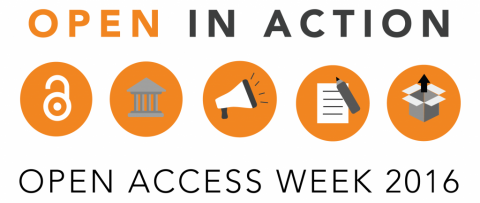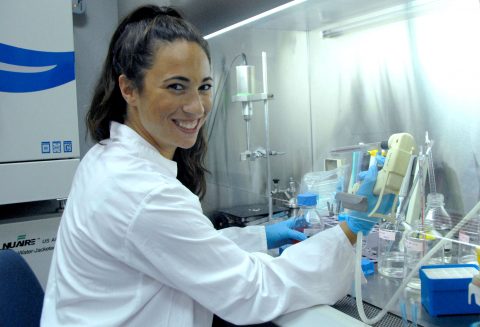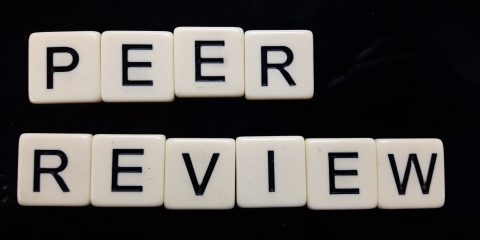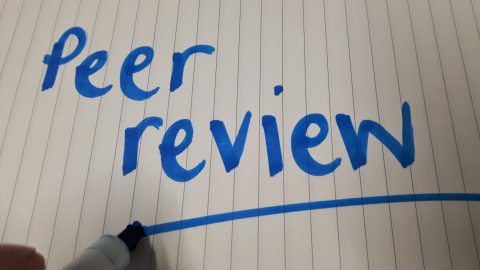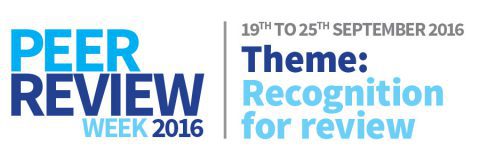When we first launched F1000Research just over four years ago, we took the first step on a journey that we hope will change the way the results of scientific research are published by using a fully transparent post-publication peer review model. We are delighted to announce today that the Bill & Melinda Gates Foundation has agreed to join us on this journey by partnering with us to launch Gates Open Research using that same model of publication.
Our Editorial Director, Sabina Alam, discusses what is different about our peer review model. She highlights how we have put authors in control of the peer review process and ensure that all reviewers get credit for their work.
Recently an Opinion Article ‘Fairness in scientific publishing’ by Philippa Matthews, University of Oxford, passed peer review on F1000Research after the publication of version 2. Both versions were openly peer reviewed by three reviewers, one of whom was Gustav Nilsonne, Karolinska Institute. In this blog, both discuss what the FAIR Principles – Findable, Accessible, Interoperable, and Re-usable – mean for authors, reviewers, readers and publishers.
In this guest post, Dugald Foster, who recently completed an MSc in Evolutionary Anthropology at the University of Durham, talks about his experience at a peer review workshop hosted by Sense About Science that he recently attended.
Today is the beginning of this year’s annual Open Access Week. This year’s Open Access Week theme of “Open in Action” is all about taking concrete steps to open up research and scholarship and encouraging others to do the same. In this blog post, we look at some of the ways we at F1000Research already do to work towards wholly open science.
Alice Moscovici spoke with Beth Schoen, a Fulbright Postdoctoral Research Fellow as well as American Association for University Women Postdoctoral Fellow in the lab for Cancer Drug Delivery & Cell Based Technologies at Technion in Haifa, Israel, about the importance of collaboration in scientific research, in particular for young scientists.
A guest post from Yajing Xu, a Neuroscience PhD student at UCL, funded by the Wellcome Trust Programme. Her research interests focus on the role of microglia in the postnatal development of the dorsal horn pain circuitries. She is keen to learn more about open science and how to improve the way we are doing science.
It’s the second year of Peer Review Week and in 2016 the theme is Recognition for Review. Our aim in marking the week is to explore the various aspects of how those who spent time on review should be recognised for their contribution.
Peer review. What’s left that has not already been said about peer review? It’s the best system we have. It’s flawed. All of the research community spend time and energy doing it, in the belief that they are contributing to their chosen field. Here at F1000, one of our objectives is to clean up the…
Following the success of last year’s inaugural event, we are delighted to announce that the 2nd Peer Review Week will be held from 19th to 25th September 2016. Peer Review Week is a global event celebrating the essential role that peer review plays in maintaining scientific quality. The event brings together individuals, institutions, and organizations…

